AUTOGEN STUDIO AGENT BUILDER 😎 - UI EDITION - AI tool for building agents.

AI-powered automation for custom workflows.
I need an AGENT taskforce that will complete this objective:
How do I work Autogen Studio?
I need you to write SKILLSfor this to happen:
Can you write a WORKFLOW that does:
Get Embed Code
Introduction to AUTOGEN STUDIO AGENT BUILDER 😎 - UI EDITION
AUTOGEN STUDIO AGENT BUILDER 😎 - UI EDITION is a specialized platform designed to simplify the creation, management, and deployment of autonomous agents for completing complex workflows. Its primary design purpose is to enable users to build custom task-solving agents that can interact with each other in a streamlined, systematic way. These agents are specifically tailored for users who need to automate multifaceted tasks that involve collaboration between different functions (e.g., web research, data analysis, content generation). The platform is equipped with a user-friendly interface to design workflows, assign tasks, and define the communication between agents. For example, a user can create an agent dedicated to performing web searches (e.g., a WebSearchAgent) and another agent to summarize the results (e.g., SummarizerAgent). The user can then define a workflow where the WebSearchAgent performs a search, passes the results to the SummarizerAgent, and finally returns a clean summary to the user. This way, AUTOGEN STUDIO helps automate tasks that usually require multiple steps or handovers between different actors. Another illustrative scenario could involve a content creation process. A user can set up a 'ContentDraftingAgent' to generate an initial outline for an article and a 'ContentEditingAgent' to refine the draft, correcting grammar and improving readability. These two agents would collaborate autonomously, following the workflow established by the user. Powered by ChatGPT-4o。

Main Functions of AUTOGEN STUDIO AGENT BUILDER 😎 - UI EDITION
Agent Creation and Customization
Example
A user can create a 'DataFetcherAgent' that pulls data from various APIs and a 'DataAnalysisAgent' that processes and analyzes that data.
Scenario
In a business intelligence context, a user can configure the DataFetcherAgent to gather information from multiple sources, like financial APIs, and then pass that raw data to the DataAnalysisAgent, which applies algorithms to produce actionable insights. This saves the user time and reduces the risk of human error in repetitive data gathering and analysis tasks.
Workflow Design and Automation
Example
Users can create workflows where one agent's output becomes another agent's input, automating complex task sequences.
Scenario
For instance, a digital marketing manager can set up a workflow where the 'ContentGenerationAgent' writes blog posts, the 'SEOAgent' optimizes them for search engines, and the 'SocialMediaAgent' schedules posts across platforms. This end-to-end automation allows for faster content production and distribution while ensuring that each step of the process is handled efficiently.
Multi-Agent Collaboration
Example
Multiple agents can collaborate to solve problems, with each agent focusing on specific sub-tasks.
Scenario
In a software development project, a 'CodeWritingAgent' could write code based on user requirements, a 'CodeReviewAgent' could review the code for errors or improvements, and a 'TestingAgent' could run unit tests to ensure the code functions as expected. These agents would work together to automate key stages of the development process.
Real-Time Agent Interaction
Example
Agents can interact and adjust their behavior in real time based on the data or responses they receive.
Scenario
During customer support, a 'QueryHandlingAgent' might interact with a 'SentimentAnalysisAgent' to determine the customer's mood in real-time. If the sentiment is negative, the agent could adjust its responses to be more empathetic, aiming to improve the overall customer experience.
Data-Driven Task Execution
Example
Agents can perform tasks based on predefined datasets or real-time inputs, such as querying APIs, processing real-time data feeds, or fetching information from web searches.
Scenario
In a financial services firm, an 'InvestmentStrategyAgent' could gather live market data, assess current trends using machine learning models, and provide an up-to-date investment recommendation based on real-time inputs. This agent could work alongside a 'RiskManagementAgent' to ensure the proposed strategy fits within the user’s risk tolerance.
Ideal Users of AUTOGEN STUDIO AGENT BUILDER 😎 - UI EDITION
Business Professionals and Managers
Managers, especially in fields such as marketing, sales, and business intelligence, can automate time-consuming, repetitive tasks like data collection, report generation, and content scheduling. They benefit from using AUTOGEN STUDIO by automating entire workflows, allowing them to focus on higher-level strategy rather than operational details.
Software Developers and Engineers
Developers can leverage the agent-builder platform to automate code generation, testing, and deployment processes. By using agents to handle redundant tasks, such as code reviews and bug fixes, engineers can focus on more creative or complex development challenges. AUTOGEN STUDIO also enables them to build agents tailored to specific needs, improving team productivity.
Researchers and Data Scientists
Data professionals can benefit from agents that automatically collect data from various sources, analyze trends, and generate reports. These users often need to handle large amounts of data, so having agents that fetch, clean, and preprocess the data saves valuable time and reduces manual effort.
Content Creators and Marketers
Content creators can use agents to generate, refine, and publish content autonomously. Marketers, on the other hand, can set up agents to handle social media scheduling, SEO optimization, and analytics tracking, thereby streamlining their entire content marketing workflow and increasing their overall output.
Customer Support Teams
Customer support professionals can use AUTOGEN STUDIO to create agents that handle first-line customer queries, resolve common issues, and even detect customer sentiment through real-time sentiment analysis. This allows for faster response times and improved customer satisfaction without requiring constant human oversight.

How to Use AUTOGEN STUDIO AGENT BUILDER 😎 - UI EDITION
1
Visit yeschat.ai for a free trial without login, no need for ChatGPT Plus. Explore the platform instantly without registration barriers.
2
Familiarize yourself with the Agent Builder interface. You can access predefined templates or start from scratch by specifying tasks or workflows you want the agents to achieve.
3
Define your task or goal. Clearly outline what needs to be accomplished so the system can recommend or auto-generate agents with appropriate skills.
4
Select or customize agents. You can choose agents from a list of existing options, modify them to fit your needs, or create new agents with unique skills tailored to specific tasks.
5
Execute and monitor workflows. Once agents and workflows are set, run the automated task and review outputs. Refine workflows or agents based on results for optimized performance.
Try other advanced and practical GPTs
Autogen CodeSphere
Empower your projects with AI
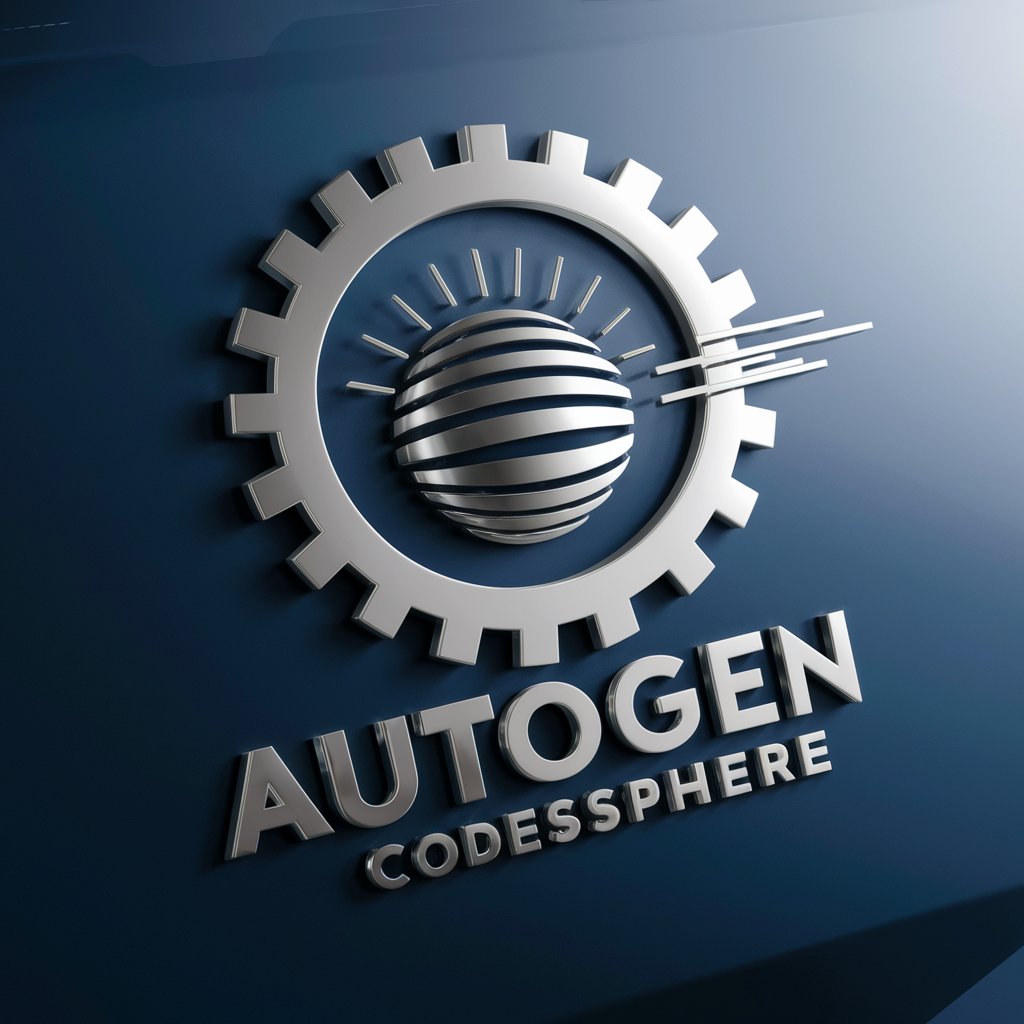
AutoGen Engineer
Empowering Code Creation with AI
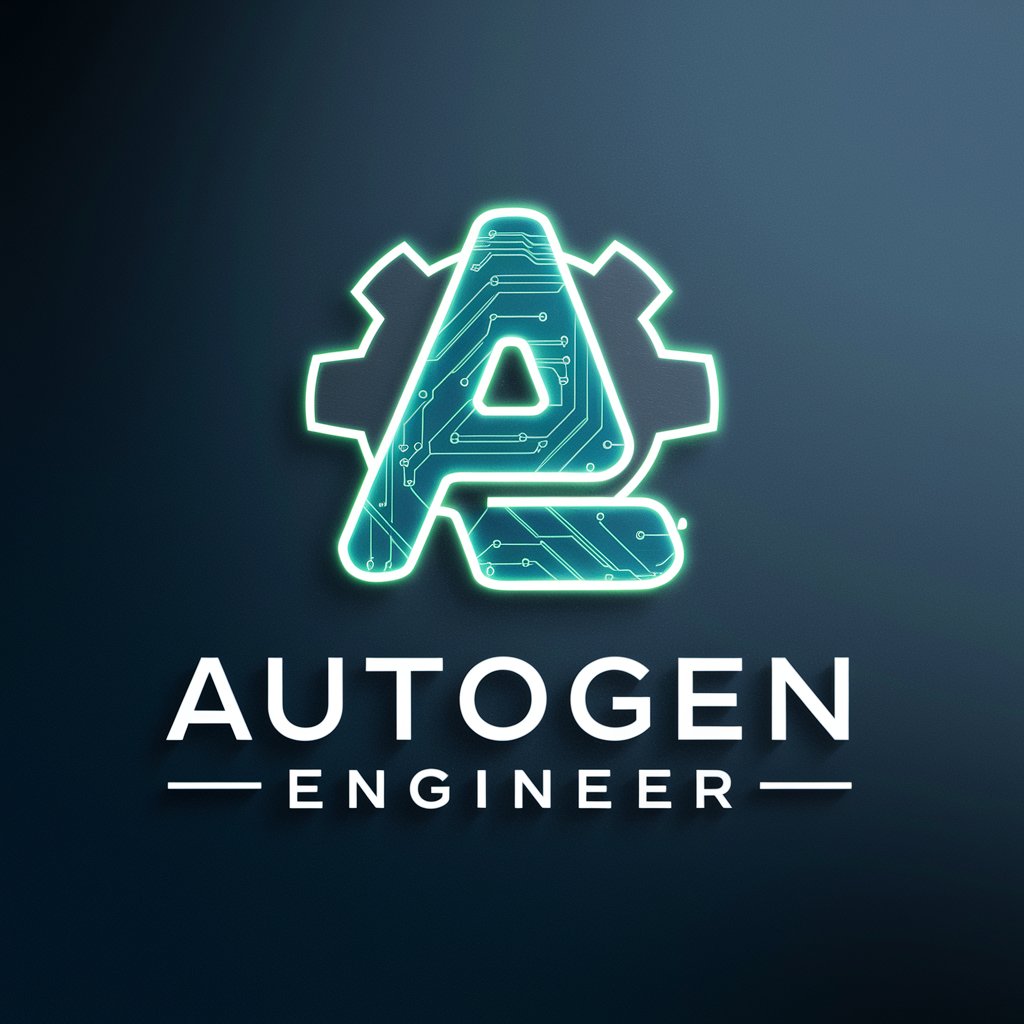
Facial Consistence Character Generator 8k
Craft Unique Faces with AI Power
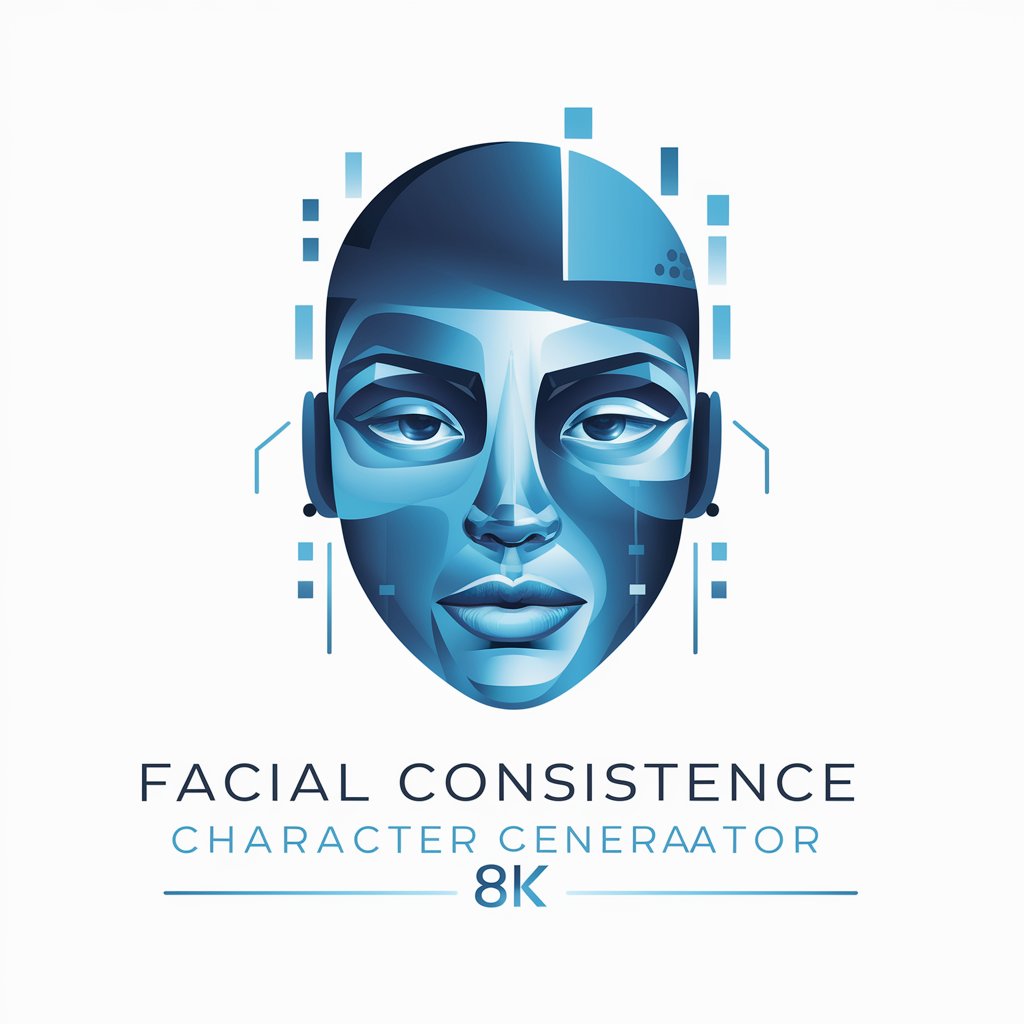
Espiritismo (Spiritism) GPT
Explore Spiritism with AI-powered insights

Spiritism philosophy AI
Unlock the Wisdom of Spiritism
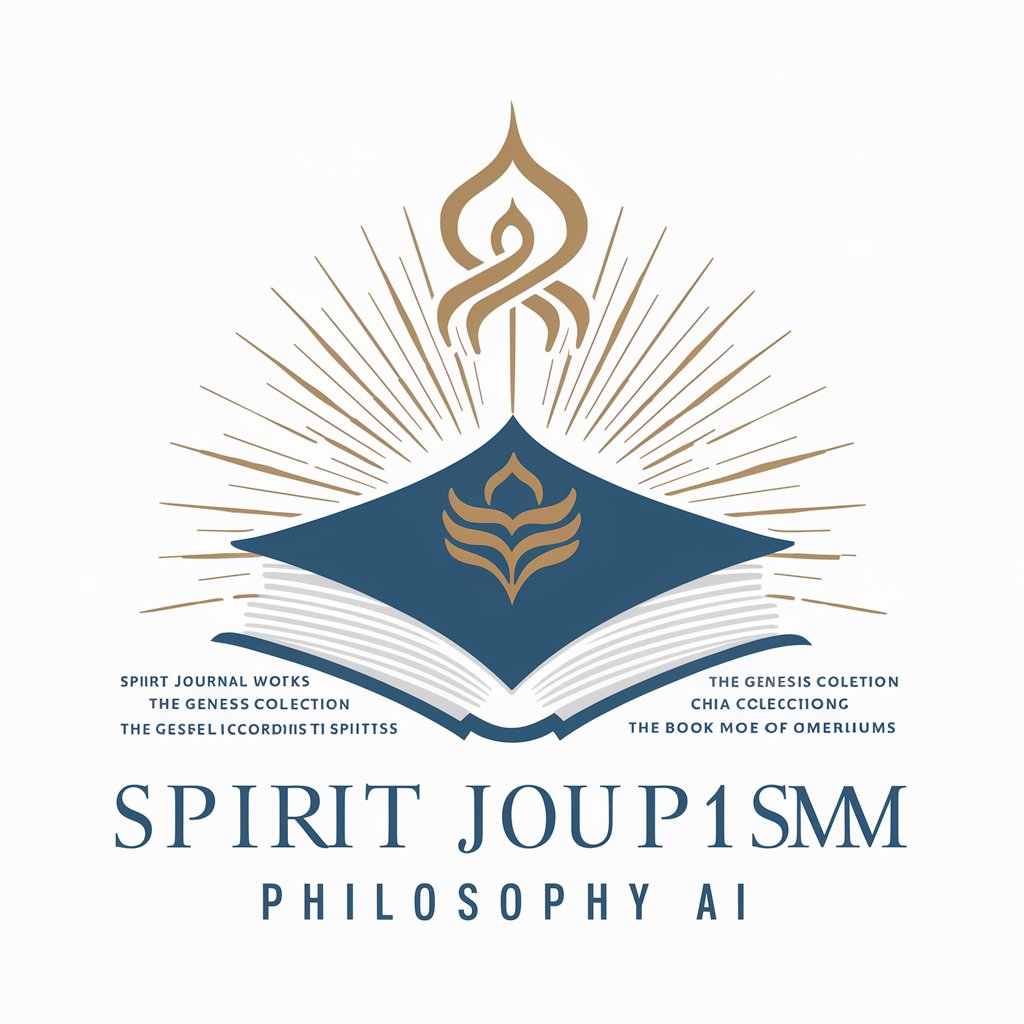
NutriVision
AI-Powered Nutritional Insights at a Glance
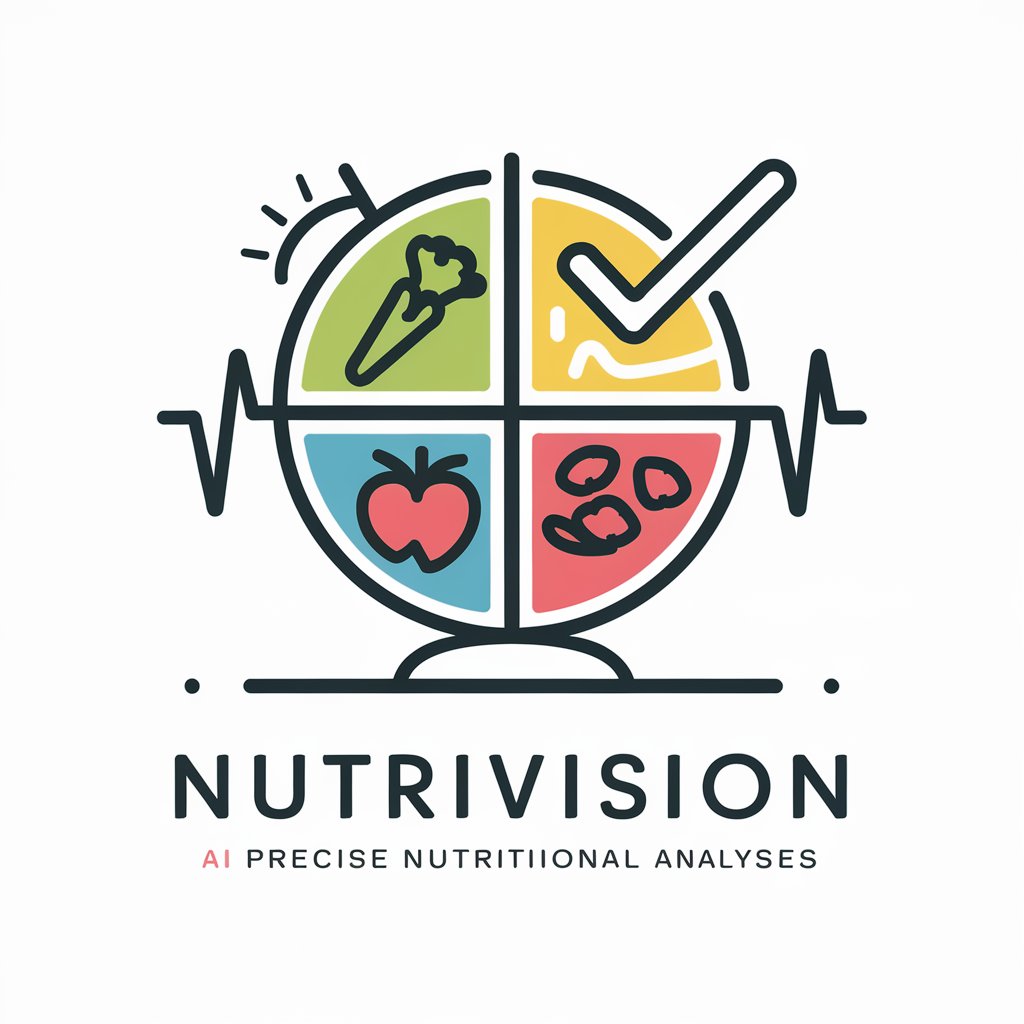
DaCodersGPT
Empowering your code with AI precision

ADE K-12 Math Standards
Empowering Education with AI

ADE K-12 ELA Standards Bot
Empowering Education with AI

Tartarus Guru
Powering Gameplay with AI Expertise
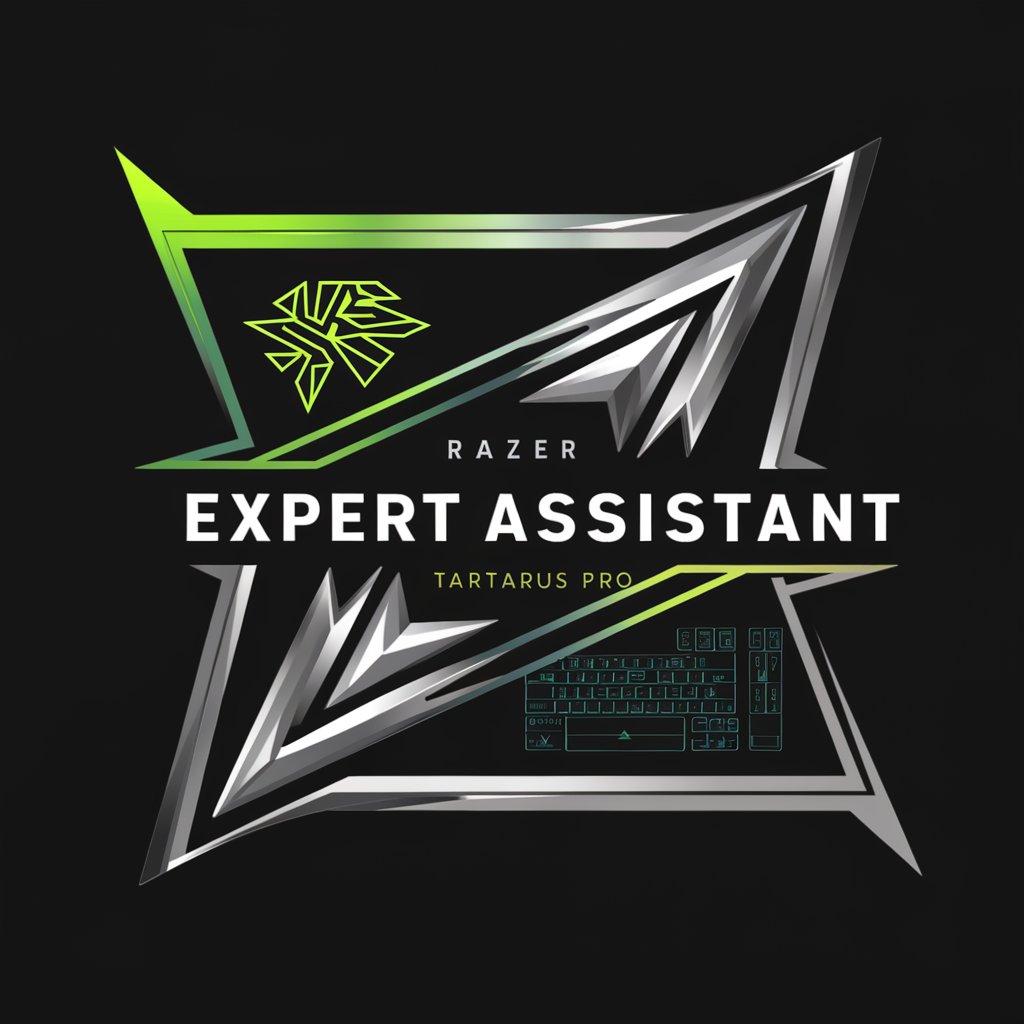
Musa dei Social
Empower Your Creativity with AI

Professional Assignment bot
Elevating assignments with AI-powered precision

Q&A About AUTOGEN STUDIO AGENT BUILDER 😎 - UI EDITION
What is AUTOGEN STUDIO AGENT BUILDER 😎 - UI EDITION?
It is a customizable AI tool designed for creating and managing specialized agents that automate workflows. Users can define tasks, select or create agents, and orchestrate them to complete complex processes autonomously.
How can I customize agents?
You can either use predefined agents or modify them by specifying their roles, behavior, and skills. AUTOGEN allows you to define agents with unique capabilities, ensuring they align with your project needs.
What kind of tasks can the tool automate?
The tool can automate a wide variety of tasks, including but not limited to research, content creation, software development, data analysis, and multi-agent collaborations. It excels at complex workflows where multiple steps and agents are required.
Do I need coding skills to use the platform?
No, you don’t need coding skills. The platform offers a user-friendly interface that allows you to create agents and workflows without writing code. However, for advanced users, there are options to define custom skills using Python.
What are common use cases for AUTOGEN STUDIO AGENT BUILDER 😎?
Common use cases include automating research tasks, generating content, automating customer support workflows, coordinating software development processes, and assisting with academic projects like drafting papers or conducting data analysis.
